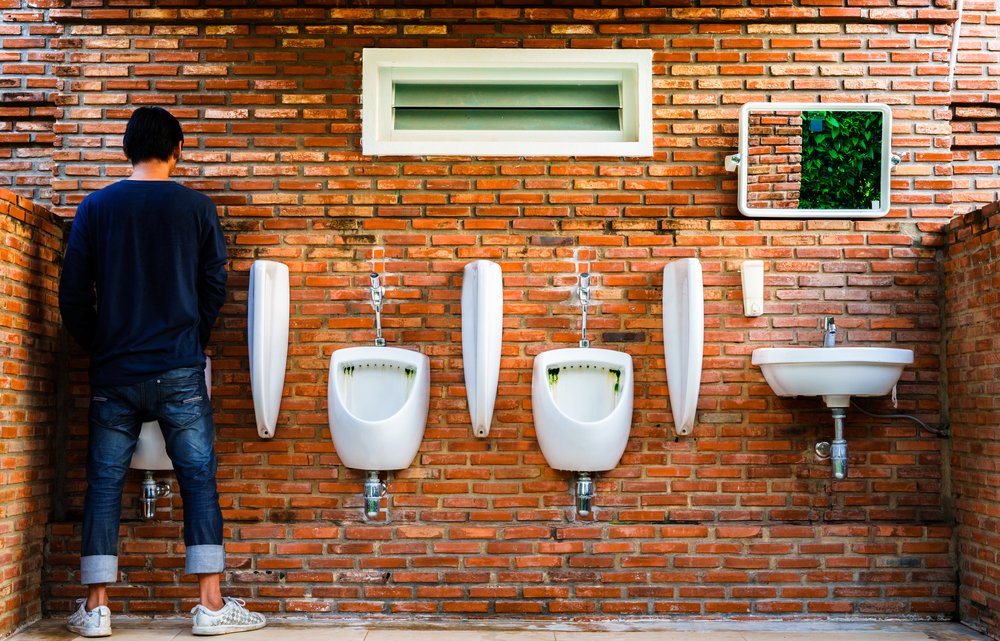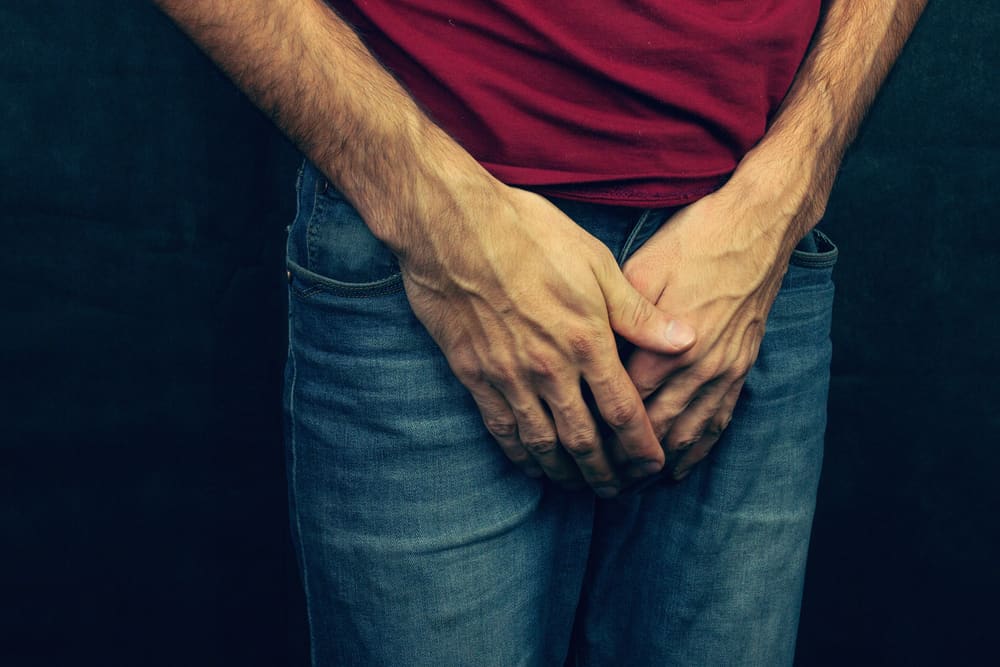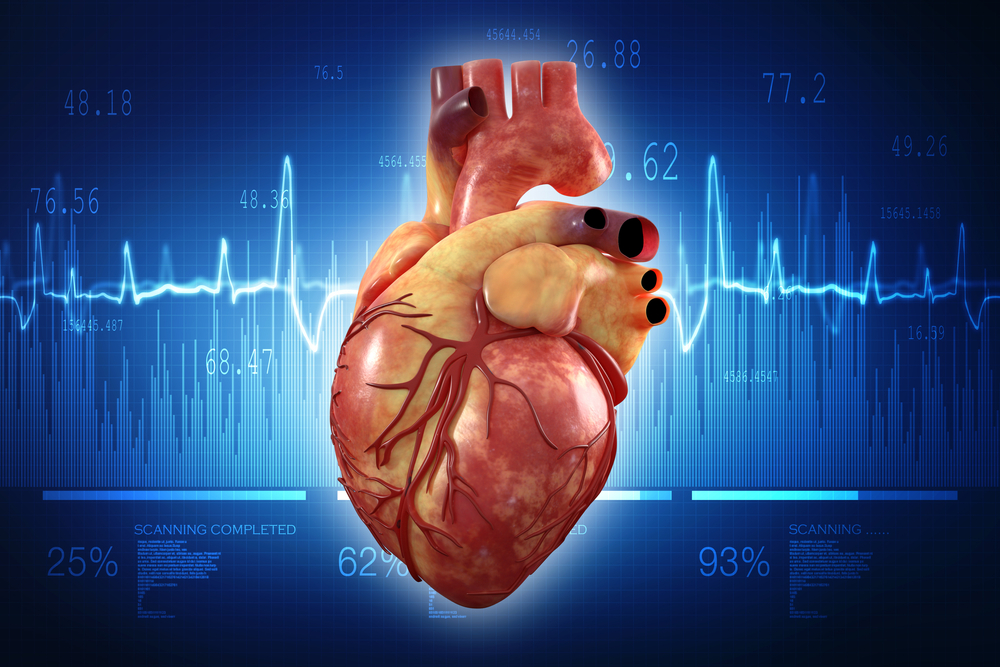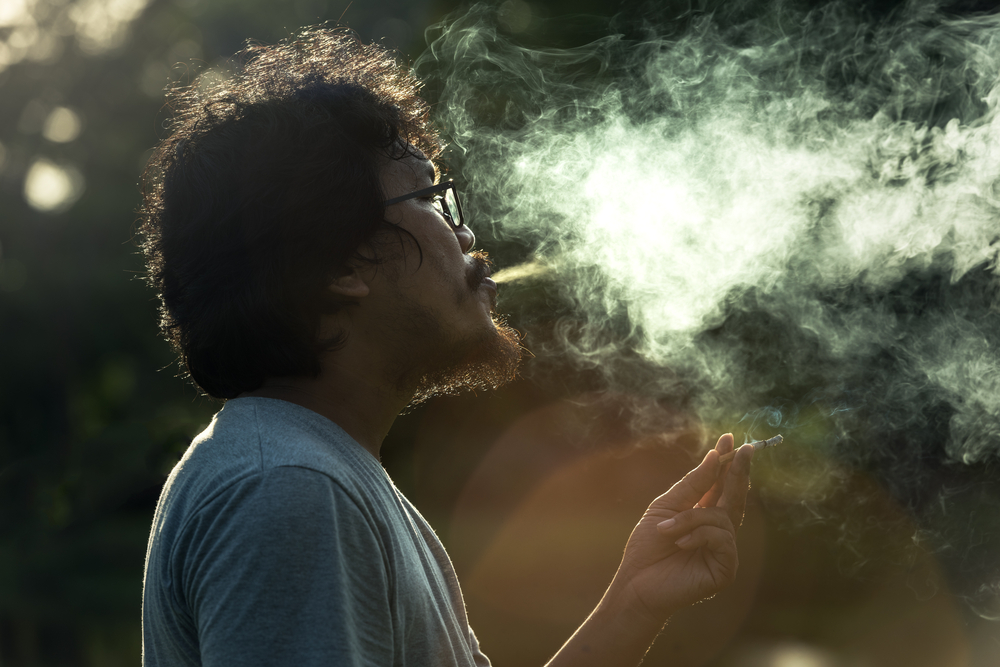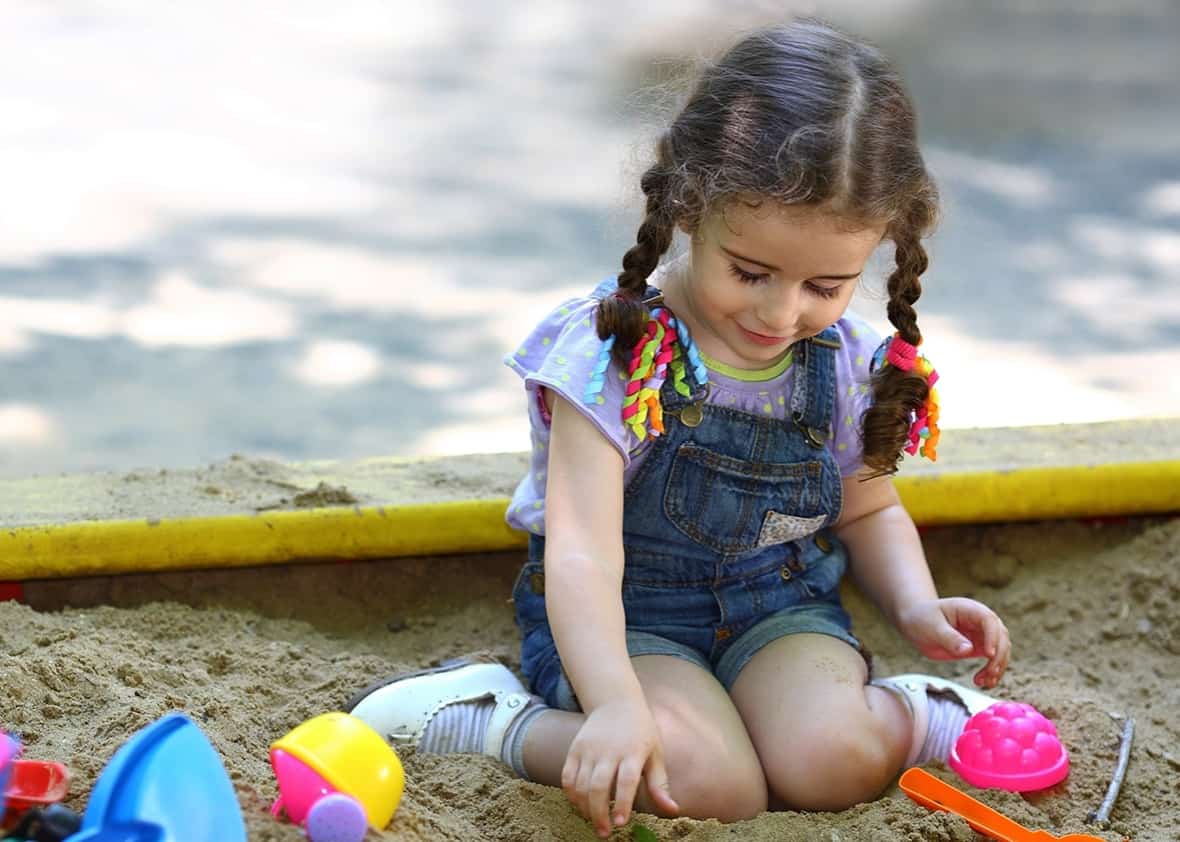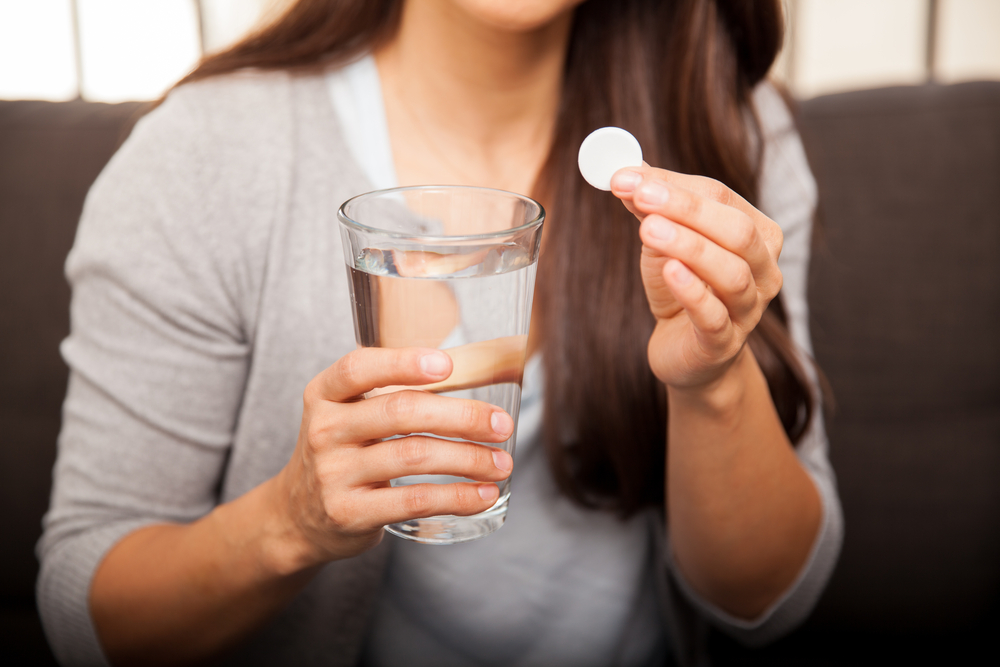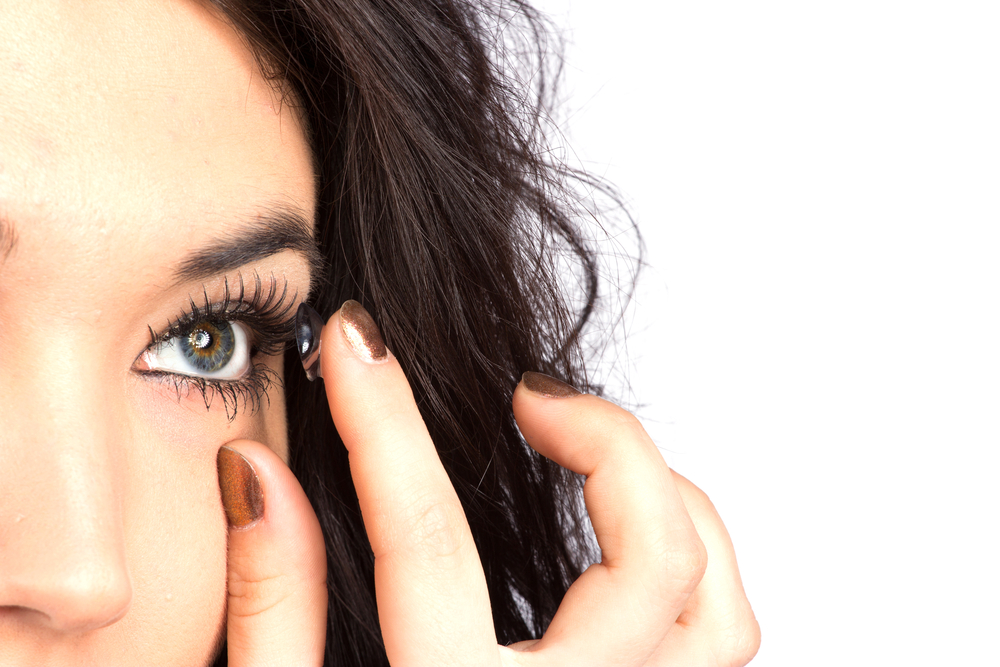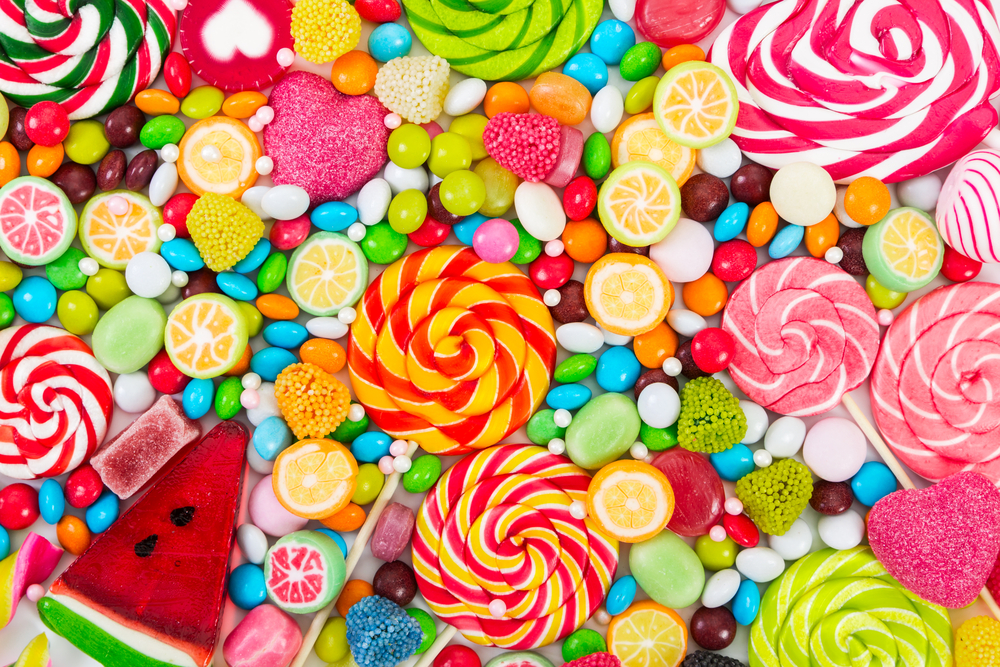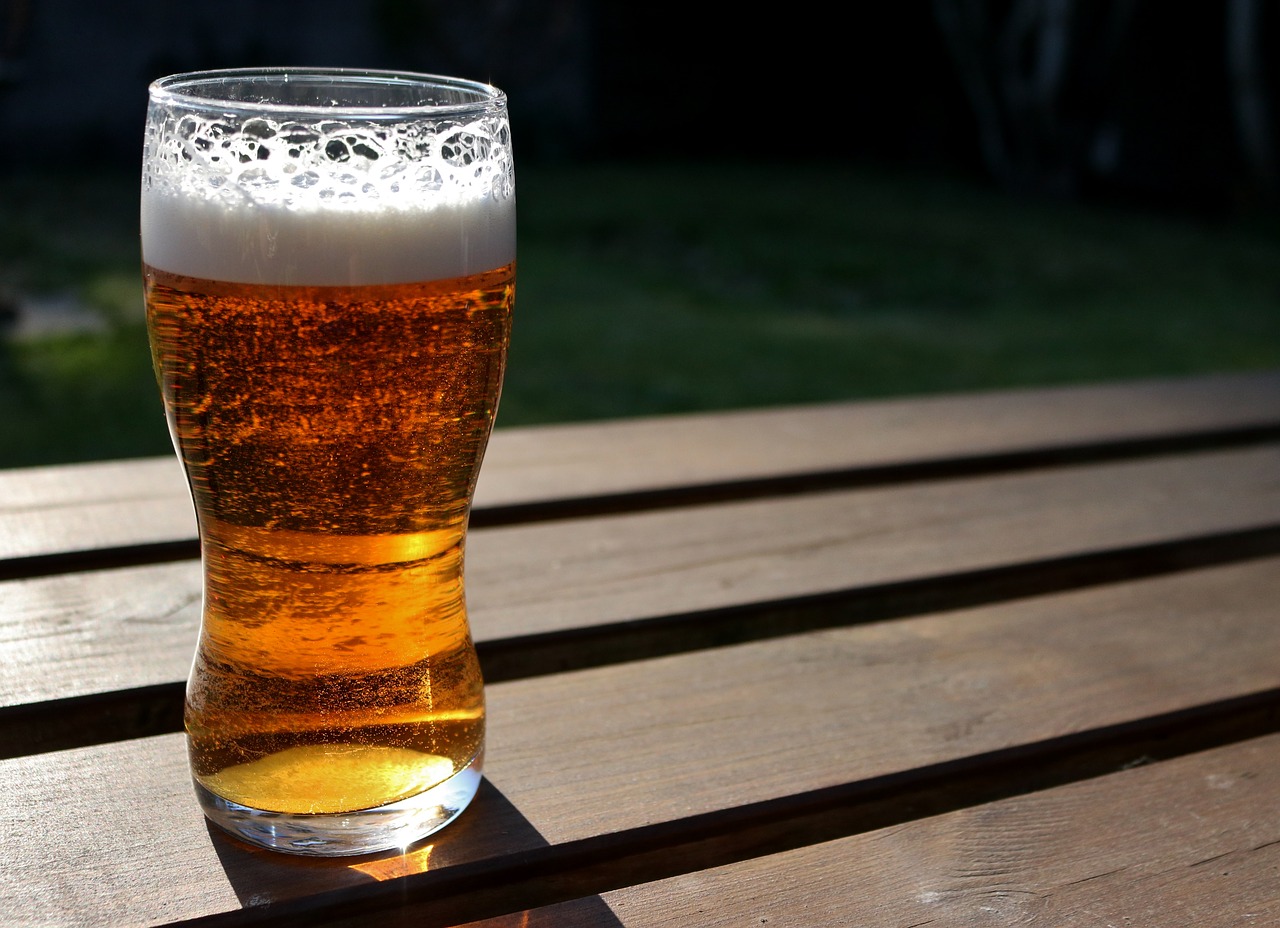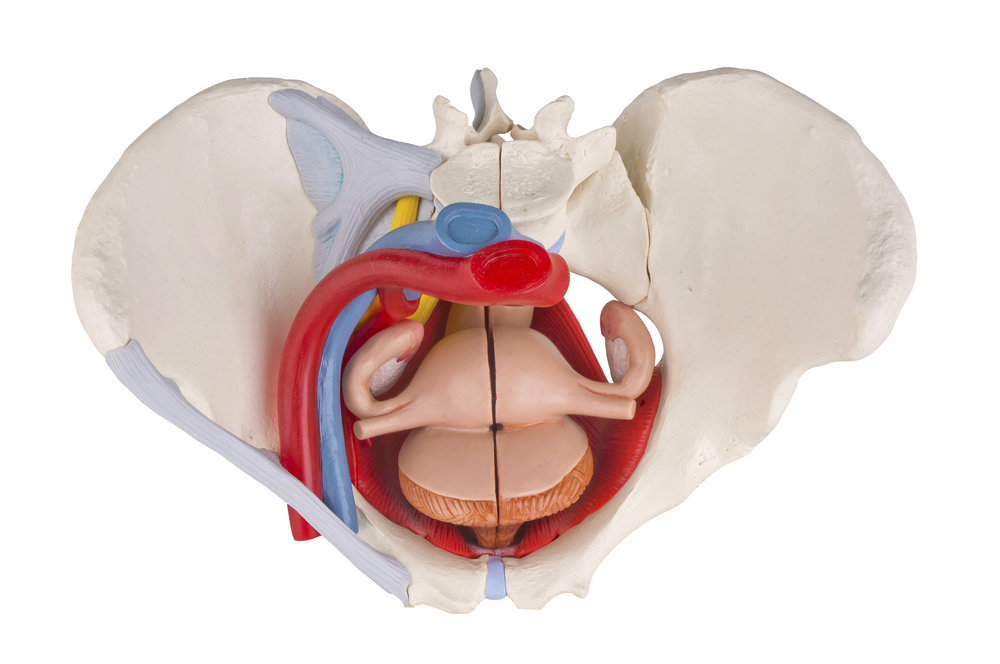Contents:
- Medical Video: The Secret Reason You Constantly Have to Pee
- What things can make you urinate more often?
- Five health conditions that cause you to urinate frequently
- Do I have to see a doctor if my urination is not normal?
Medical Video: The Secret Reason You Constantly Have to Pee
You certainly know that humans have to drink lots of water a day. However, drinking a lot can make you urinate frequently. Well, how many times do you urinate in a normal day?
As we know, our body consists mostly of water. Our body has the ability to regulate the fluid balance in our body. The body regulates the amount of water that must come out to create this balance.
If you feel thirsty, then you need fluids. This is usually called dehydration. You need to fill the liquid again, for example by drinking water.
Conversely, if you have enough fluids, your body will remove the excess liquid. One of them is through your urine or urine.
What things can make you urinate more often?
According to the Medical News Today health site, normally humans will urinate as much as six to seven times in 24 hours. However, in some people with certain conditions, this number could be more or less. For example in children who have smaller bladder sizes, they will urinate more often than adults.
The food or drink you eat also affects how often you urinate. If you drink alcoholic beverages, tea, or coffee that contains caffeine, you will also definitely urinate frequently.
The medicines you drink can also determine. For example, when you take a high blood pressure diuretic, you will have the desire to urinate higher.
Five health conditions that cause you to urinate frequently
As you know before, how many times urination is determined by the condition of the body. Urine contains water, urea, acid, and poisons and waste substances that have been filtered by the body to be removed.
Several organs are needed in this process. The kidneys play one of the most important roles for filtering blood cells, filtering proteins, and so on. After that, urine will pass through the urethra to go to the bladder. The bladder will hold urine temporarily until it reaches its full point until it finally has to be removed through the ureter.
You can imagine if one or two organs have an abnormality, then the amount of urine you spend and the number of times you urinate will be different. The following is an explanation of the causes of frequent urination.
- Urinary tract infection. When your urinary tract or bladder is infected, you will often want to urinate. In fact, sometimes this is accompanied by pain. Because the infected bladder can not work optimally in storing large amounts of urine.
- Diabetes. For those of you with diabetes, you will often urinate. This often happens because diabetics have a high urge to drink due to high blood sugar. Because a lot of drinking, the body tries to remove excess liquid. However, sometimes when filtering the blood to make urine, the sugar is filtered and draws more water.
- Disorders of the prostate gland. For people with disorders of the prostate gland, you will find it difficult to urinate even though a sense of urination often appears. This happens because the prostate swelling can compress the urethra so that it closes the urine flow.
- Overactive bladder (overactive bladder). When you suffer overactive bladder (OAB), you will feel a sudden urge to urinate. This is because the bladder is abnormal. This will increase how often you urinate in a day.
- Pregnant. Usually pregnancy makes women urinate more often. Because the uterus is enlarged because the growth of the baby in the womb can suppress the bladder. Therefore, the bladder becomes narrower so you have to go to the toilet more often.
Do I have to see a doctor if my urination is not normal?
It is true that the number of times you urinate is determined by the condition of your body. However, you do not need to be afraid and rushed to see a doctor if symptoms like the following do not appear.
- Pain or discomfort when urinating.
- Different urine colors, even accompanied by blood.
- Loss of ability to control the bladder (urine incontinence).
- Increased hunger to thirst significantly.
- Fever or chills
- Pain in the lower back or side.
If you get one or more of the symptoms above, you need to see your doctor.

